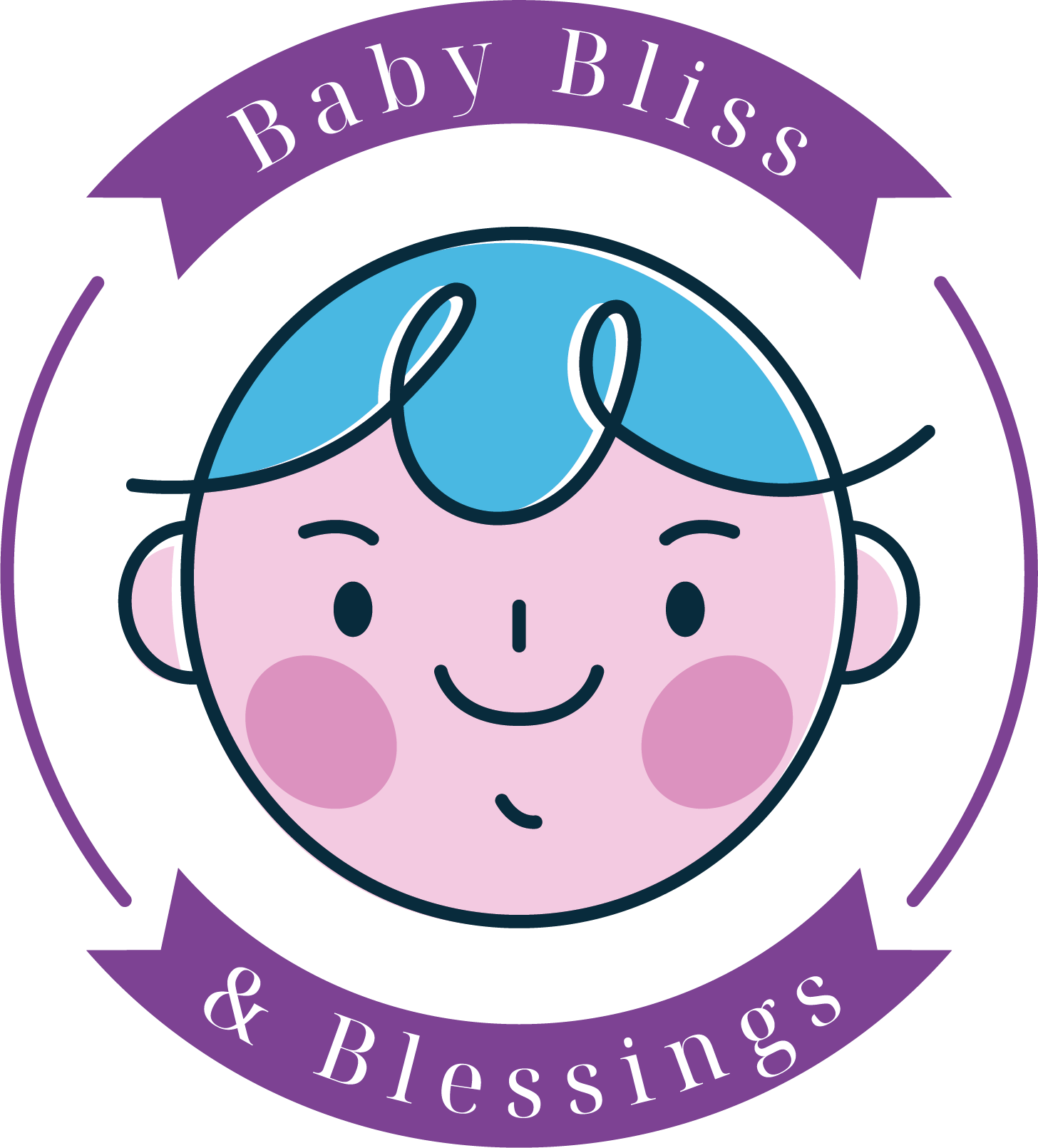Understanding 6 Month Sleep Regression
What is Sleep Regression?
A period of time known as “sleep regression” happens if a baby who has been sleeping well starts to wake up a lot at night and has trouble getting asleep. It can be a difficult period for parents as well as babies.
Why Does it Happen at 6 Months?
Babies reach major developmental milestones, both physically and mentally, at about six months of age. Regression may result from these changes to their sleep habits.
Signs and Symptoms
6-month sleep regression can appear as more night awakenings, trouble falling asleep, shortened naps, and general difficulty before bed.

Causes of 6 Month Sleep Regression
Physical Development
Babies may go through growth spurts, teething pain, or motor skill development during the six-month mark, all of which can have an impact on sleep.
Cognitive Milestones
Babies grow more aware of their surroundings as they approach intellectual milestones like object permanence, which may cause sleep disturbances.
Separation Anxiety
Babies grow more aware of their surroundings as they reach intellectual milestones like object permanence, which may cause sleep disturbances.
Tips for Coping with 6 Month Sleep Regression
Maintain Consistent Bedtime Routine
Your baby will be able to relax and fall asleep more quickly if you establish a regular bedtime ritual that signals it’s time for them to sleep.
Create a Soothing Sleep Environment
Make sure the room is quiet, dark, and at an appropriate temperature to create a beneficial sleep environment.
Implement Transitional Objects
Introduce your baby to a comfort item, such as a blanket or stuffed animal, to help them self-soothe when they wake up in the middle of the night.

Handling Night Wakings
Avoid Reinforcing Negative Sleep Associations
Remember that feeding or rocking your infant to sleep can promote waking patterns, so be careful not to create negative sleep associations.
Gradual Withdrawal Technique
When your baby wakes up during the night, console them without taking them up, and gradually encourage them to soothe themselves.
Daytime Strategies
Ensure Adequate Naps
Make sure your kid receives enough sleep during the day to promote healthy sleep patterns. Excessive tiredness can make nighttime sleep problems worse.
Engage in Stimulating Activities
Give them the chance to engage in interesting tasks while they are awake to promote mental and physical growth, which can improve sleep quality.
Seeking Professional Help
When to Consult a Pediatrician
Consult a pediatrician to rule out any serious medical issues if sleep regression continues or is accompanied by other concerning symptoms.
Considerations for Sleep Consultants
Sleep consultants can provide you with customized sleep regression management techniques and support based on your parenting style and your baby’s needs.

Parental Well-being during Sleep Regression
Prioritize Self-Care
Ensure self-care is a priority during sleep regression difficulties to make sure you’re refreshed and emotionally ready to face the challenges of parenthood.
Communicate with Your Partner
To help each other through this stage and share the responsibilities of managing sleep regression, keep lines of communication open with your spouse.
During the 6 month sleep regression period, a baby’s sleep patterns are disturbed and it is a common and temporary phase in their development. Parents who face this difficult time with patience and support can benefit from understanding the causes and putting coping skills in place.







